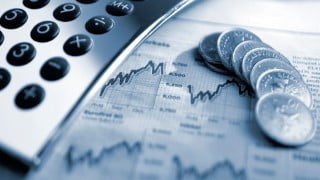Economic Culture
Learn about microeconomics, macroeconomy, taxes, and more in this comprehensive course on economics. Perfect for anyone interested in understanding the economy and its impact on society. Start learning today!
What you’ll learn
- Microeconomics
- Macroeconomy
- Taxes
- Devaluation, depreciation and exchange rate
The economy is an area of production, distribution and trade, as well as the consumption of goods and services by different agents. In general, it is defined ‘as a social domain that emphasizes the practices, discourses and material expressions associated with the production, use and management of resources’. In a broad sense, economics refers to the organization of the use of scarce resources (limited or infinite) when they are implemented to satisfy individual or collective needs, so it is a system of interactions that guarantees that type of organization, also known like the economic system.
Economic activities cover three phases: production, distribution and consumption Since production depends on consumption, economics also analyzes the behavior of consumers with respect to products. Some economic activities are agriculture, livestock, industry, commerce, and communications.
The economy is divided into two central divisions according to its scope: 27
Microeconomics
Microeconomics is a part of the economy that studies the economic behavior of individual agents, such as consumers, companies, workers and investors; as well as their interrelation in the markets.
Macroeconomy
Macroeconomics is the part of economic theory that is responsible for studying global indicators of the economy through the analysis of aggregate variables.
The economic culture understood as the set of knowledge and experience that throughout the course of history have influenced the development of the processes of production, distribution, commercialization, and consumption of goods and services, which are revealed through economic thought . They are also the traditions, values and attitudes that are manifested in the historical-concrete practice of each individual, being able to be used for the benefit of all and with social responsibility. However, can this last expression of the concept of economic culture be understood?
Who this course is for:
- Anyone interested in economics








There are no reviews yet.